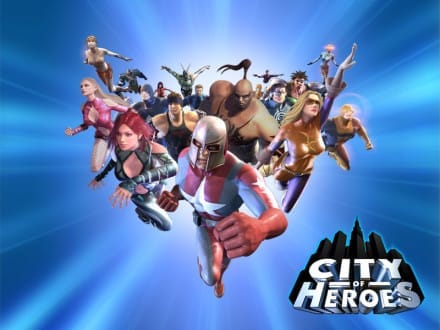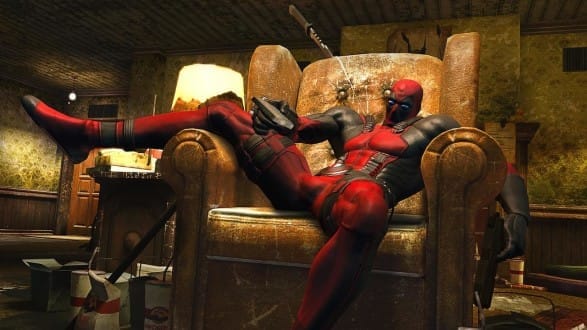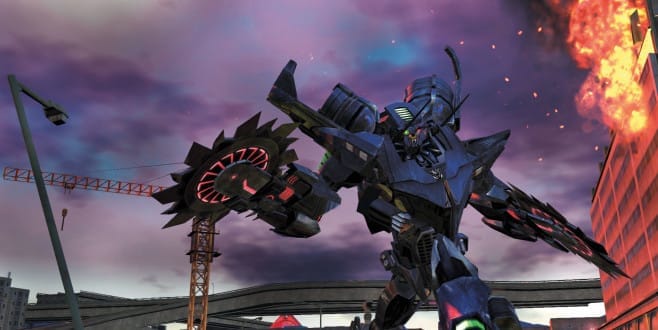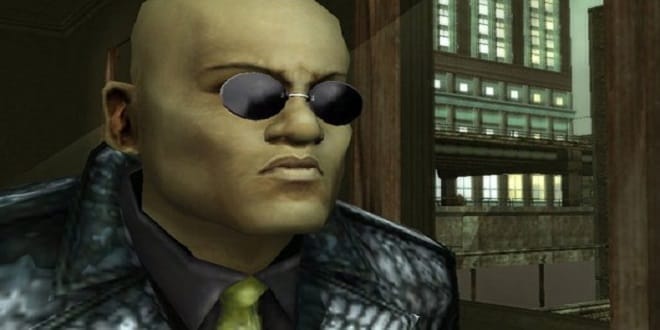There is a scene in the 1932 classic Marx Brothers comedy Horse Feathers that most likely confuses modern audiences. Groucho's trademark wit is held back by strange skips and missing lines, and several bits look as if they were lifted from a dubbed foreign film. This is because the print that survives today is incomplete. Like many of its contemporaries, the film is missing entire sequences that were chopped up and trashed in an editing room decades after its release. It is impossible to fathom how many films from less than 100 years ago now no longer exist. The cultural heritage we pass on is incomplete, and it is one of the great tragedies of our time.
When we look back at the men who cleared out warehouses of silent films to save on storage space, we can at least consider the times they lived. It was a time where movies never left theaters, so their value to a studio after a certain point was minimal. No one could have foreseen the digital age, one where archiving copies of every TV show, film, and cat video is as easy as hitting a button. It is a great shame, but it is also seemingly a mistake that we as a people can reasonably avoid in the future. At least, that's what you'd like to think.
 The truth is that there are many games that are in the exact same position that silent films were in the 1920s, and if anything we are doing a worse job of preserving them for the next generation. MMOs rely on active servers and a large population to function as intended. Because of this, many seminal early titles in that genre such as City of Heroes and The Matrix Online are officially unplayable in 2015. Server problems have also come into focus in Gamespy's recent shutdown and the uproar over NBA 2K14's multiplayer mode.
The truth is that there are many games that are in the exact same position that silent films were in the 1920s, and if anything we are doing a worse job of preserving them for the next generation. MMOs rely on active servers and a large population to function as intended. Because of this, many seminal early titles in that genre such as City of Heroes and The Matrix Online are officially unplayable in 2015. Server problems have also come into focus in Gamespy's recent shutdown and the uproar over NBA 2K14's multiplayer mode.
Mobile games are often pulled from storefronts if they aren't immediately considered a blockbuster, sometimes before they even make it to their first birthday. In addition, mobile games developed before the age of the smartphone are reliant on outmoded technology and dead services to function. Many of the games of that era also have origins in film promotion or brand expansion, which only adds to a perceived lack of value in their preservation.
Even in the realm of more mainstream games, this problem crops up more and more as the digital revolution continues. Capcom and Activision's recent erasure of Marvel licensed games, THQ's implosion as a publisher... all these things add to the ever growing list of games removed from digital services. Games like this that never received a retail version are gone after only a handful of years on the market. Anyone who wants to play these games in 2015 have no option but to turn to "the usual places".
 Which brings us to the crux of the matter. The digital age that brought us these problems has also provided a ready-made solution. There are plenty of people on the Internet who will pick up where developers and publishers leave off when it comes to preservation. I'm not saying that the sometimes illicit means that these people use to procure, copy, and restore these games isn't wrong. I'm just saying that no one will care in fifty years about some lawbreaking, but people will surely care that someone didn't think to copy the ROM from their favorite arcade board before it disintegrated thanks to DRM measures.
Which brings us to the crux of the matter. The digital age that brought us these problems has also provided a ready-made solution. There are plenty of people on the Internet who will pick up where developers and publishers leave off when it comes to preservation. I'm not saying that the sometimes illicit means that these people use to procure, copy, and restore these games isn't wrong. I'm just saying that no one will care in fifty years about some lawbreaking, but people will surely care that someone didn't think to copy the ROM from their favorite arcade board before it disintegrated thanks to DRM measures.
This goes beyond selfish nostalgia. We will all indulge in that as our generation gets older and rejects the VR 3D gizmos that the kids are playing with. But it is always vital in any medium to have access to the past so we can learn what works, what didn't, and what oddities might need to be revisited. Games in particular are an iterative art form, relying heavily on what came before to press onward. Entire genres sprout up overnight thanks to the success of a single title. If games like DOOM or Rogue would have had a limited shelf life, entire markets would be gone from today's industry, and publishers would greatly suffer in the pocketbook as a result.
That of course is what this all is about. The Entertainment Software Association (ESA for short) has recently stated that all forms of preservation for abandoned games are illegal. Everything from running a private server for a long dead MMO, to bypassing DRM checks that no longer function, to investigating a game in an educational or museum setting. The ESA represents publishers in our industry, and their message is clear. If an old game is worth replaying, it's worth buying again in an expensive HD remaster, no matter how much a consumer initially paid for it. If the game is never remastered, it's still possible that there is money to be made somewhere, so players will just have to wait to use the products that they initially supported.
 Publishers are holding games hostage because they cannot see the benefits of preservation. They can't see that players will always line up for the latest and greatest no matter how many older titles are available. They can't see the immense benefit to having a record of our industry that can be tapped into by academics and young designers alike. They just see the notion that players are playing something without continued payment.
Publishers are holding games hostage because they cannot see the benefits of preservation. They can't see that players will always line up for the latest and greatest no matter how many older titles are available. They can't see the immense benefit to having a record of our industry that can be tapped into by academics and young designers alike. They just see the notion that players are playing something without continued payment.
If companies did a better job of preserving their own assets, than consumers might be more willing to let them be the stewards of games going forward. However, we've seen games get pulled from digital stores or ripped apart and censored because of rights issues. We've seen games that are impossible to remake because of lost source code. In the case of No One Lives Forever, we've seen multiple companies block an overdue re-release just because they might hold the copyright on the title.
If the gaming community doesn't step in and fill these gaps, then games in this early era will die the same death that silent films did. Each game pictured in this article is a title that it is currently illegal to procure in a digital state, and most of them were only available online to begin with. Stand with those who would see gaming history documented and preserved rather than cast aside in the hunt for short term profits and imaginary future gains.
This article is being submitted as a comment in the ongoing legal dispute between the ESA and the Electronic Frontier Foundation for the future of abandoned games. Public submissions are being accepted until May 1st. If you'd like to chime in with your support, follow this guide on NeoGAF.
Have a tip, or want to point out something we missed? Leave a Comment or e-mail us at tips@techraptor.net













